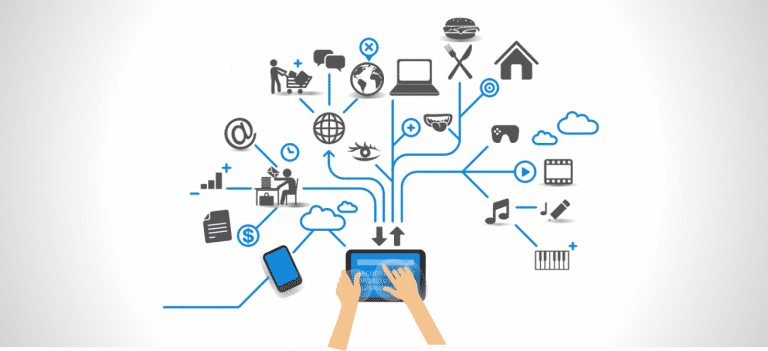The Internet of things is one of the most popular fields of technology nowadays. The Innovations in this field are too fast to keep up, as more and more devices are getting connected to the Internet every single hour. We know that these devices communicate and transfer data to and from other computers across the Internet, but how do they operate internally? How and in which language are these devices programmed to function just in the way they are supposed to?
IoT devices do not use any unknown languages we never heard of. Mostly they use popular languages to work, as they generally use micro-computers like Raspberry Pi. The use of general-purpose programming languages encourages more developers to get their hands on IoT research. In a survey conducted by the Eclipse Foundation, Java, C, JavaScript, and Python are found to be the top 4 programming languages used for IoT-based applications.
Also read: 5 Best Programming Languages for Artificial Intelligence Systems
Contents
Best Programming Languages for IoT
You really can’t go wrong taking any of the above-mentioned programming languages. Choosing a programming language for IoT is very similar to choosing a programming language for any desktop OS, as Raspberry PI uses a Linux version. Eclipse Foundation survey also states that more than 5% of developers are using 14 other programming languages to go with their IoT projects.
Below we mentioned some of the best languages you can go with.
1. Java
Java is ever so popular in the programming community for its “write once and run everywhere” feature. It is the same feature that makes Java a great language for IoT projects. Surveys from Eclipse and embedded-computing.com state that Java is the favorite language of IoT developers.
Once a Java program is written, it can be run on any system that supports Java Virtual Machine like smartphones, desktops, and even on very small devices. The introduction of Java ME or the micro edition boosted the developer count. As of today, the main focus of Java IoT developers is the Java SE Embedded, which is very close to the standard edition.
2. C Programming
Even though it is popular for being one of the old languages, the developer community still loves to use C in their IoT devices. The cluttered syntax provides a million ways to make errors and get stuck in your way, but that doesn’t demotivate the developers as the community seems to grow bigger, slowly. Being a low-level programming language helps a lot and C allows you to squeeze every ounce of its performance to make super-efficient products.
3. Python
Python in IoT is a no-brainer, lately, the language is popping up in every engineering field we can think of. The performance is not an issue anymore as the computational power of the embedded devices is increasing day by day. The availability of many library functions and the ability to perform operations with just a few lines of code makes Python a very powerful language for IoT.
4. JavaScript
When someone says JavaScript, the first thing that comes to our mind is the front-end development and frameworks. All of that has changed since the explosive growth of Node.js, which has become the go-to language for backend development. Since IoT programming involves a lot of backend programming, communicating protocols, and stuff, JavaScript is vastly used. About 41.5% of the developers in the Eclipse survey stated that they use JavaScript.
5. PHP
PHP is once a very popular language for backend development and is still popular with the blogging community. The language has a great scope in IoT and can be used extensively for projects.

